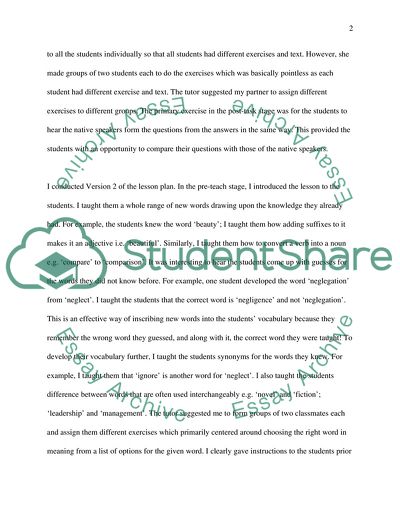Cite this document
(Reflective Account of Peer Teaching Scholarship Essay, n.d.)
Reflective Account of Peer Teaching Scholarship Essay. https://studentshare.org/english/1854734-reflective-account-of-peer-teaching
Reflective Account of Peer Teaching Scholarship Essay. https://studentshare.org/english/1854734-reflective-account-of-peer-teaching
(Reflective Account of Peer Teaching Scholarship Essay)
Reflective Account of Peer Teaching Scholarship Essay. https://studentshare.org/english/1854734-reflective-account-of-peer-teaching.
Reflective Account of Peer Teaching Scholarship Essay. https://studentshare.org/english/1854734-reflective-account-of-peer-teaching.
“Reflective Account of Peer Teaching Scholarship Essay”. https://studentshare.org/english/1854734-reflective-account-of-peer-teaching.


